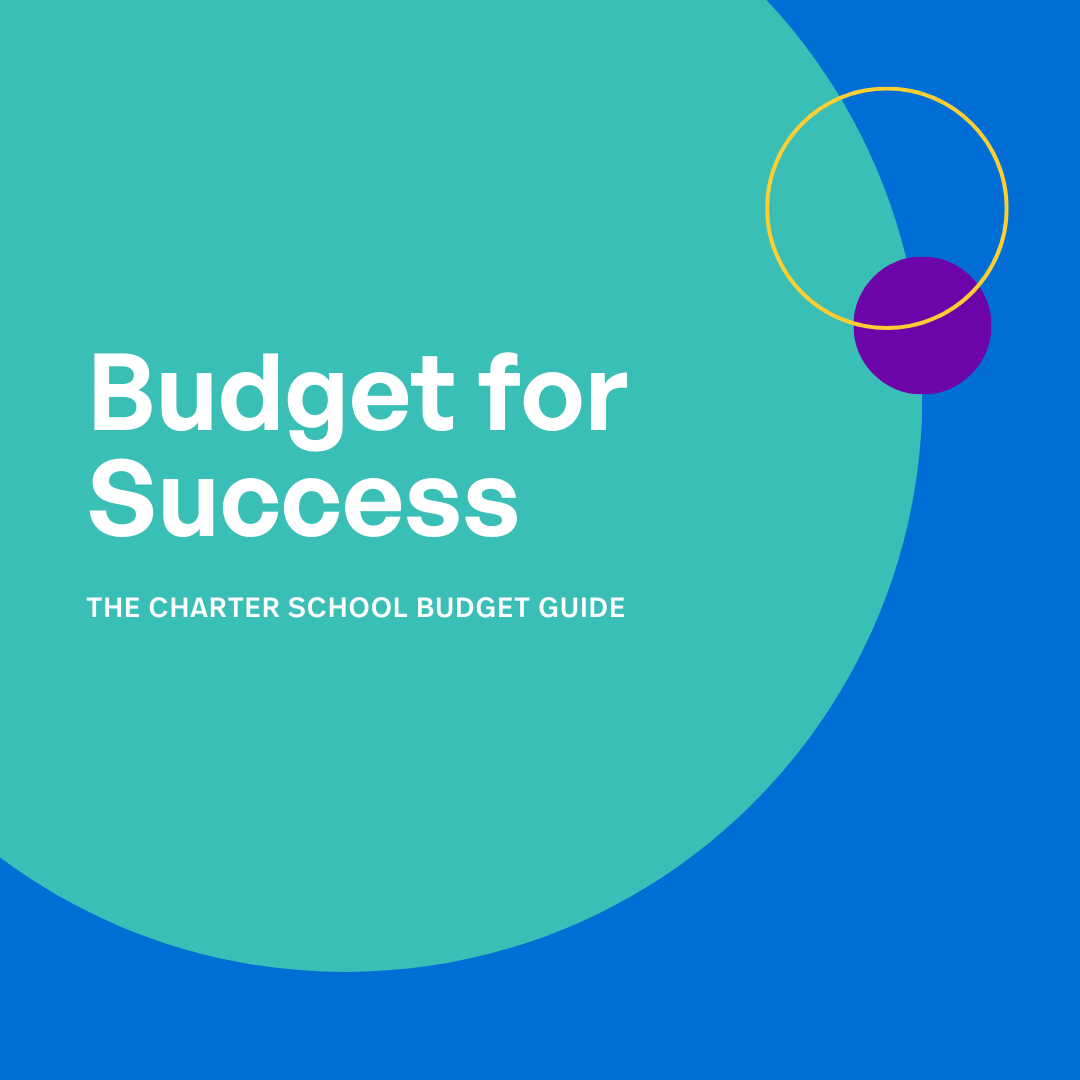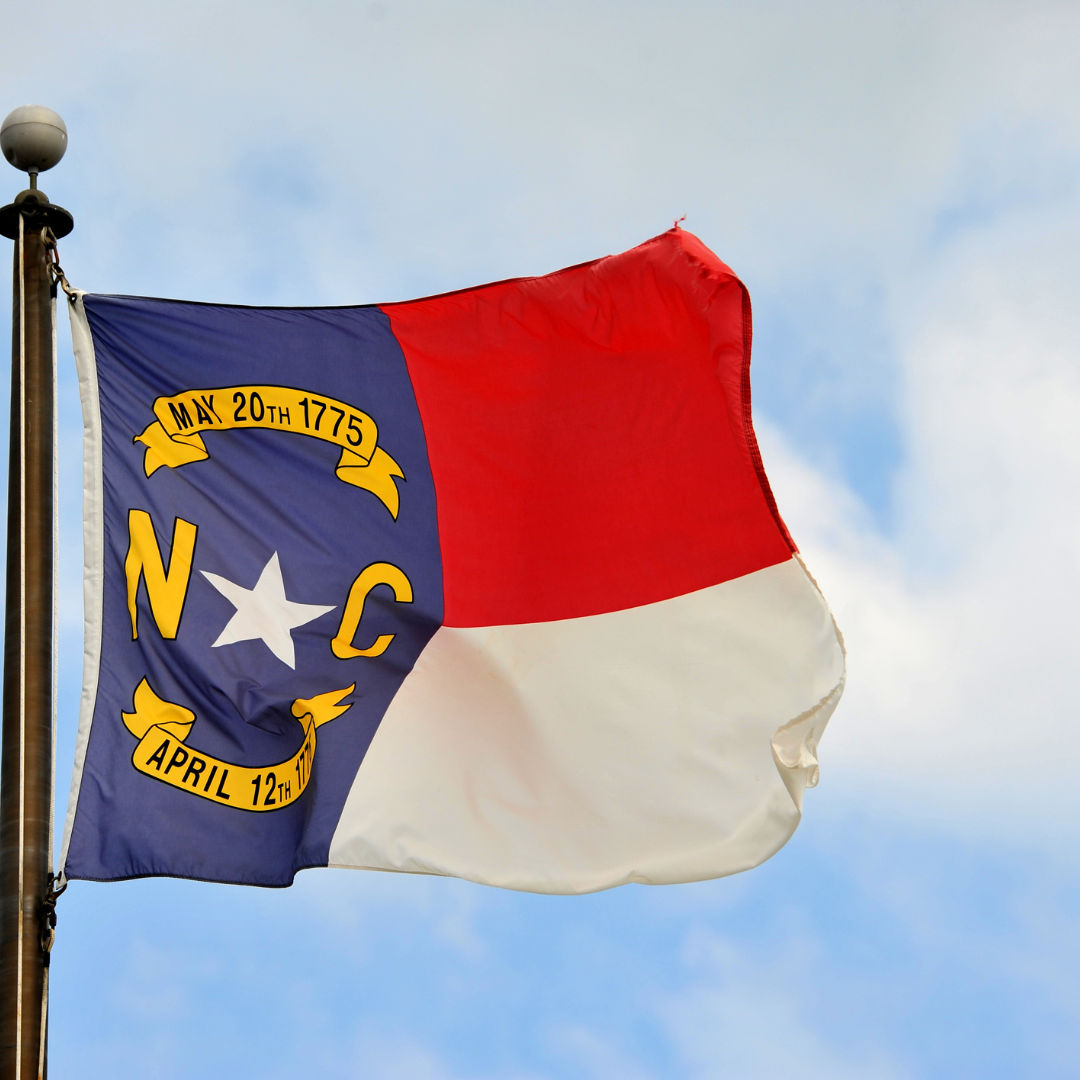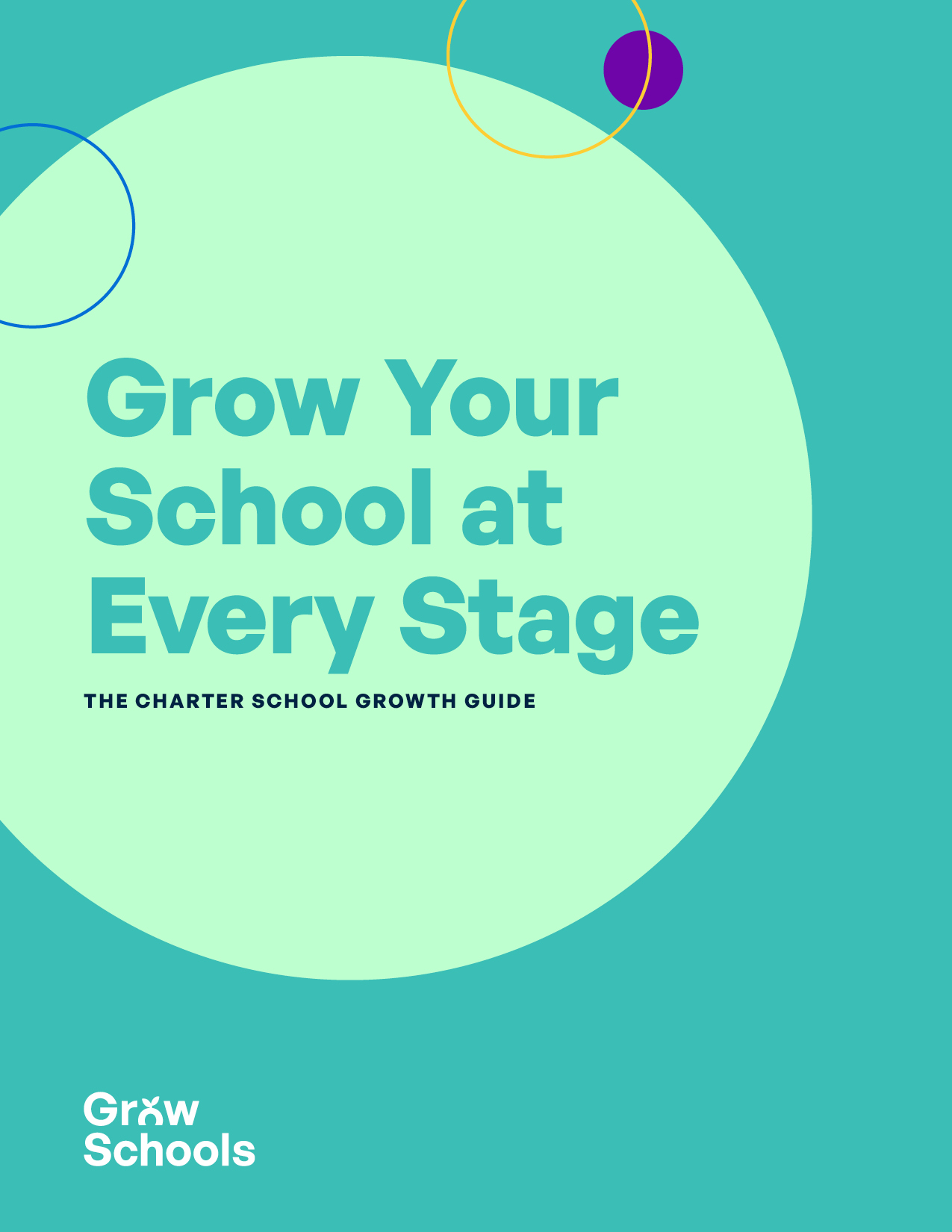Whether you’re an educator, a passionate community member, or an entrepreneur looking to make a positive impact, starting a charter school can offer a unique opportunity to provide a nourishing learning environment to kids. In this blog post, we’ll walk you through the essential steps of how to grow and fund a charter school in the state of North Carolina.
The History of Charter Schools in North Carolina
According to the NC Association of Public Charter Schools, North Carolina first enacted charter school law in 1996.
The purpose of the North Carolina charter school movement was as follows:
- Improve student learning
- Increase learning opportunities for all students, with special emphasis on expanded learning experiences for students who are identified as at risk of academic failure or academically gifted
- Encourage the use of different and innovative teaching methods
- Create new professional opportunities for teachers, including the opportunities to be responsible for the learning program at the school site
- Provide parents and students with expanded choices in the types of educational opportunities that are available within the public school system
- Hold the schools established under this part accountable for meeting measurable student achievement results, and provide the schools with a method to change from rule-based to performance-based accountability systems.
A year after the birth of the North Carolina charter school movement, there were 27 charter schools. Charter schools in North Carolina experienced a setback that year: An amendment to the charter school laws gave local boards of education a say in new charter school proposals in their district. Still, by 2001 the state had reached its 100-charter school cap. At that point, the Charter School Advisory Board advised raising the cap by 10% each year. In 2011, the 100-school cap was removed.
North Carolina charter schools tend to have a specific educational area of focus. Schools are focusing on gifted students, athletics, military children, virtual teaching, and more.
Two points of controversy have long existed about charter schools in North Carolina: One of them, fueled largely by a 2006 study by Robert Bifulco and Helen Ladd, which reported that charter schools underperformed compared to district schools. Charter school leaders in North Carolina countered that charter schools tend to serve at-risk students, which explains the difference in test scores. The other concern has been racial imbalance: Since over one-third of all North Carolina charter school students are Black, some critics raised concerns over a trend of resegregation. Charter school leaders dismiss that claim, again emphasizing they serve at-risk students, often in financially disadvantaged neighborhoods, and these neighborhoods have a vast Black representation.
However, the consensus is that charter schools in North Carolina tend to have smaller class sizes, fewer discipline problems, and a better all-around learning environment.
Still, with charter schools being a heated political topic, acceptance has been mixed. According to a survey conducted by Reach NC Voices in 2019, 38% of North Carolinians support charter schools, 52% oppose them, and 10% neither support nor oppose them.
According to data from the Department of Public Instruction (DPI), there are 211 charter schools in North Carolina as of 2024.
According to a recent report article from EdNC, charter school enrollment in North Carolina increased 19% from 2019 to 2022—the fifth highest growth rate in the nation. Demand for charter schools has increased. According to self-reported DPI data, 85% of NC charter schools had a waitlist in 2022, meaning 77,000 were waiting for spots.
Two points of controversy have long existed about charter schools in North Carolina: One of them, fueled largely by a 2006 study by Robert Bifulco and Helen Ladd, which reported that charter schools underperformed compared to district schools. Charter school leaders in North Carolina countered that charter schools tend to serve at-risk students, which explains the difference in test scores. The other concern has been racial imbalance: Since over one-third of all North Carolina charter school students are Black, some critics raised concerns over a trend of resegregation. Charter school leaders dismiss that claim, again emphasizing they serve at-risk students, often in financially disadvantaged neighborhoods, and these neighborhoods have a vast Black representation.
However, the consensus is that charter schools in North Carolina tend to have smaller class sizes, fewer discipline problems, and a better all-around learning environment.
Still, with charter schools being a heated political topic, acceptance has been mixed. According to a survey conducted by Reach NC Voices in 2019, 38% of North Carolinians support charter schools, 52% oppose them, and 10% neither support nor oppose them.
Starting a school in North Carolina

Step 1: Research
Gather data on existing charter schools, public schools, and private schools in the region. This information will guide your planning and help you determine the viability of your charter school idea.
Step 2: Develop a Solid Business Plan
Outline your school’s mission, educational philosophy, and goals. Define your target student demographics and the unique approach you will take to meet their needs. Additionally, include detailed financial projections, outlining anticipated expenses and potential revenue sources. Your business plan will not only help you secure funding but also serve as a roadmap for the school’s growth and development.
Step 3: Navigate North Carolina’s Charter Application Process
In North Carolina, establishing a charter school requires approval from the North Carolina Department of Public Instruction (NCDPI). Familiarize yourself with the state’s charter school application process. Be prepared to demonstrate how your school will fulfill a demand that existing public schools may not be meeting.
NC Charter School Application Process
The NC Charter School application can be found on DPI’s website. Charter school applications used to be reviewed by the Charter School Advisory Board, which recommended to the State Board of Education which ones should be approved or denied.
Following recent legislation, it is now the Charter School Review Board (CSRB). According to EdNC, here is how membership for the new Board will be appointed:
- The state superintendent, as secretary and nonvoting of the review board.
- Eight members appointed by the leaders of the House and the Senate (four each).
- Two members appointed by the State Board of Education who are not current members of the Board and who are charter school advocates in North Carolina.
- The lieutenant governor or the lieutenant governor’s designee.

Step 4: Secure Funding
Funding is a critical aspect of launching and sustaining a charter school. North Carolina offers various funding sources, including state and federal grants, private donations, and fundraising efforts. Explore available funding opportunities and craft a compelling case for financial support based on your business plan’s projections and the unique value your charter school brings to the community.
North Carolina’s 211 charter schools receive $1 billion in state funding, DPI Chief Financial Officer Alexis Schauss said during a recent presentation to lawmakers on charter school funding.
Like traditional public schools, charter schools receive funding across several buckets, Schauss said. These include:
- State: Base allocations and restricted state funds administered through DPI.
- Local (county) current expense
- Federal: Grants administered through DPI
- Capital financing
- Enterprise funds, like through the National School Lunch Program, and before and after school programs
- Other local funds
Step 5: Build a Supportive Team
Assembling a strong and dedicated team and board is essential to the success of your charter school. Recruit qualified educators and administrators who align with your school’s mission and share your passion for education. Collaborate with community members, parents, and local organizations to garner support and build a network of advocates for your school.
Step 6: Prepare for School Opening
Once your charter is approved and funding secured, prepare for the exciting journey of opening your school! Focus on enrollment marketing and finding a school building that serves your mission.
With the right planning and a commitment to educational excellence, your charter school can positively impact the lives of countless students and families in North Carolina.
Need support?
We’re here to help! We can get you the money, resources, and know-how to create a thriving school. Get started here.

Free Download
Charter School Budget Guide
To help you achieve your goals, we’ve put together this informative and thorough guide to share best practices and call out common pitfalls to avoid. Over the past decade, we’ve reviewed thousands of charter school budgets and helped guide countless schools through their charter school financing processes.
Get the Guide
